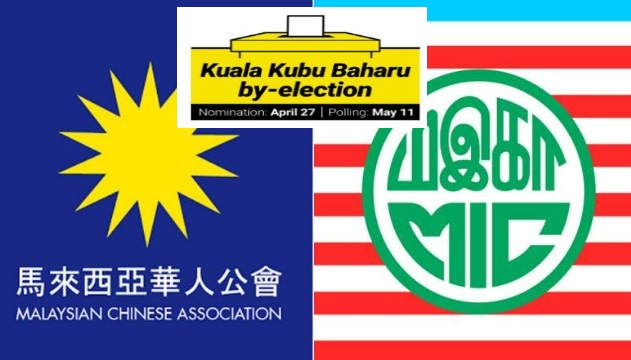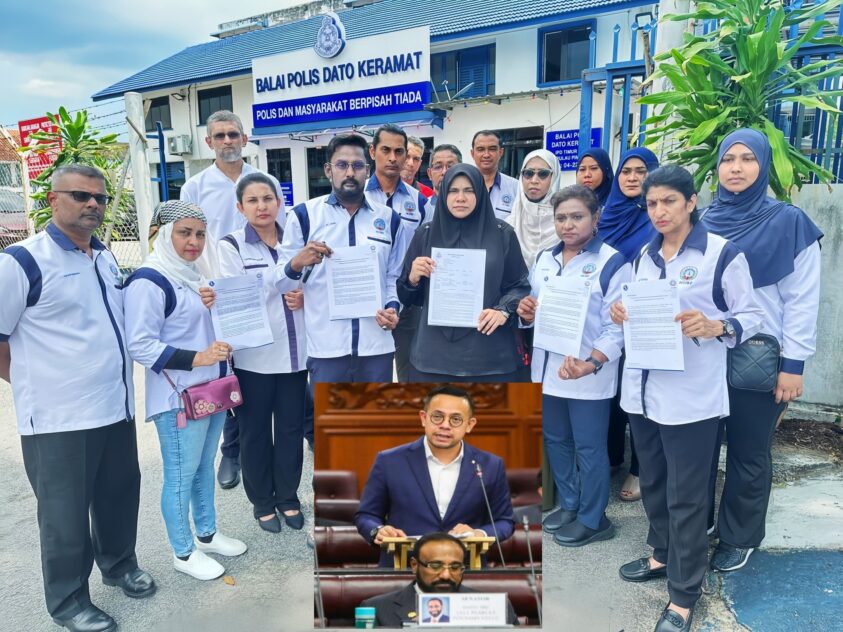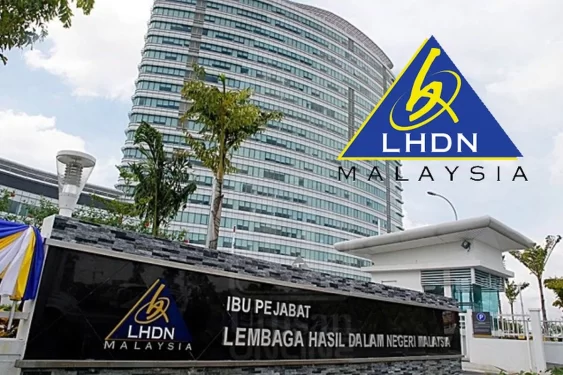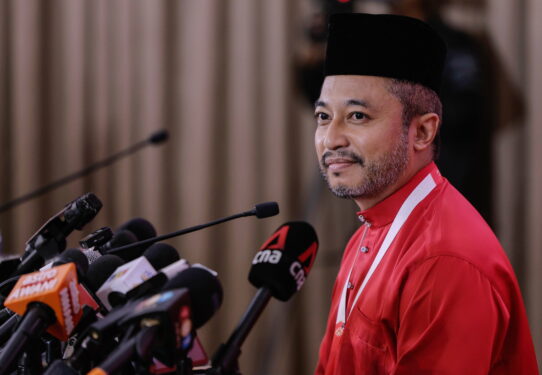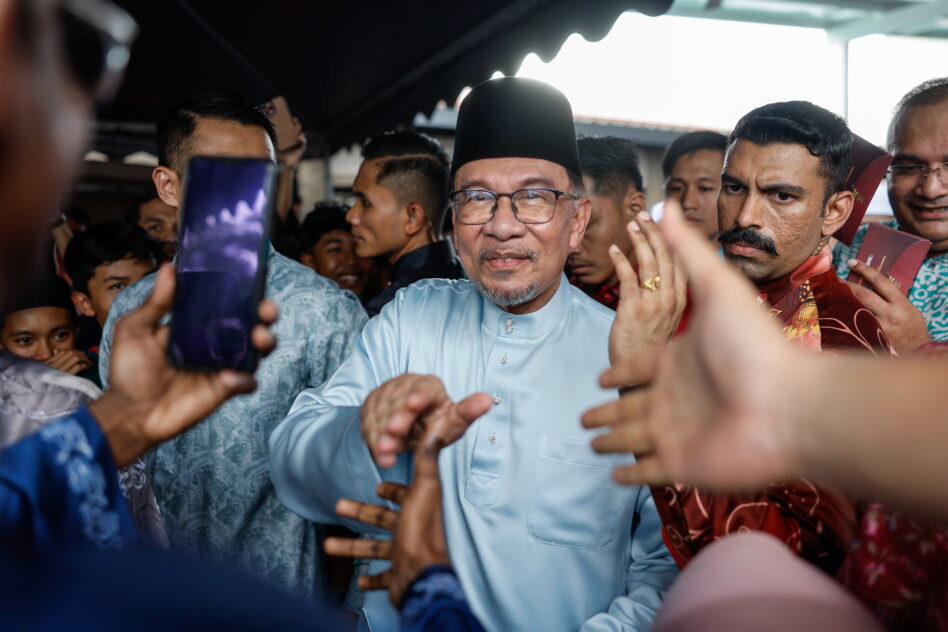Dr Rais Hussin, Dr Margarita Peredaryenko and Ameen Kamal
ALTHOUGH the full movement control order (FMCO) has brought some respite and easing of the pandemic situation in some of the states, the condition has been seriously worsening recently in Kuala Lumpur and Selangor with record numbers reportedly contributing more than 60% of the new cases in the country.
Despite Selangor testing positive more than most states, the corresponding high to positive rates could indicate that the spread may already be too wide.
Therefore, Selangor should focus on containment strategies and vaccination while ideally maintaining the relatively higher levels of testing. Other states, including KL, may need to increase testing alongside strict containment and vaccination.
In consideration of resource allocations, we refer to our suggestion that the testing exercise ride on the vaccination campaigns, utilising the same place and manpower available.
To successfully pull this off, firstly, the total lockdown is crucial. If done correctly i.e., a real “total” lockdown in KL and Selangor for at least two weeks to a maximum of six weeks as was intended at the start of MCO 3.0, it will help cut transmission, slow down new infections and ease the distressful healthcare situation in these states.
Secondly, extended strictness and time of the lockdown will require to deepen the social safety net for the vulnerable lives and businesses in KL and Selangor.
On this, the automatic opt-out loan moratorium and enhanced renters’ protection should be permitted for all individuals and MSMEs in KL and Selangor. The basic principle of financial management tells us that it is possible to survive the income downfall if you can reduce your operating and financial leverage. This is where the Government will need to deepen its approach.
Lastly, but not least, is to increase the rate of vaccination as thus far it has been our best bet against the raging pandemic and the only hope for speedy return to some form of normalcy.
The objective of massive vaccination is to at least protect larger proportion of population from the disease severity, hospitalizations, and deaths, even if infection was to happen.
This approach also capitalises on the vast number of people infected in KL and Selangor, which may be excluded first, to make way for others to be vaccinated.
In other words, there are justifiable grounds based on empirical studies that most of the infected people would retain infection immunity within the said months, or at least, would still have protective immunity against severe symptoms.
Therefore, in practice, particularly in an extraordinary emergency setting, these individuals may be treated like “vaccinated” individuals for a set period of time.
Thus, by temporarily excluding these individuals, the target of maximising protection to the population of KL and Selangor may be significantly expedited. As vaccine doses arrive in the span of the coming months, these naturally infected people that were postponed for their vaccination, can then start to receive their jabs.
The efforts to increase throughput of vaccination in KL and Selangor such as door-to-door vaccination for the bedridden can also supplement the vaccine prioritisation/postponement strategy.
It must be stated here that this does not mean getting infected is a good strategy, especially when we have vaccines. It is only an emergency measure in view of the need to speed up population protection and/or in the backdrop of vaccine scarcity.
Following the above tactic, while in full lockdown the authorities should start with the factories, various service companies and construction sectors in KL and Selangor as they continue to be the largest cluster contributors. Therefore, and favourably enough to this strategy, the large number of workers might be already protected with the natural immunity.
Beyond one month of this strategy, the infected people can then be treated normally given the assumption that we have no vaccine supply issue and that by this time most, if not all population in KL and Selangor have been protected. – July 10, 2021
Dr Rais Hussin, Dr Margarita Peredaryenko and Ameen Kamal are part of the research team of EMIR Research, an independent think tank focused on strategic policy recommendations based on rigorous research.
The views expressed are solely of the author and do not necessarily reflect those of Focus Malaysia.



